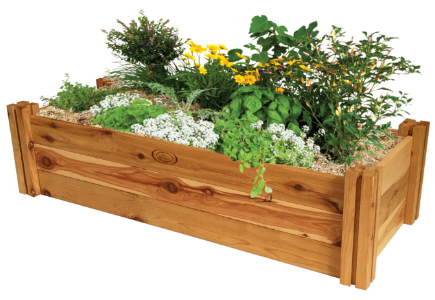Corrosion is a natural process that affects metal surfaces, leading to deterioration and potential failure. Understanding the anti-corrosive properties of coatings can significantly enhance the longevity of metal structures. This article delves into the science behind these coatings, their mechanisms, and their applications.

Understanding Corrosion and Its Impact
Corrosion occurs when metals react with environmental elements such as moisture, oxygen, and salts. This reaction can lead to rust formation, which compromises the structural integrity of metal objects. Have you ever wondered how some metals seem to withstand the test of time while others succumb to rust? The answer often lies in the application of effective anti-corrosive coatings.
What Are Anti-Corrosive Coatings?
Anti-corrosive coatings are specialized paints or finishes designed to protect metal surfaces from corrosion. These coatings can be categorized into several types, including:
- Epoxy Coatings: Known for their strong adhesion and chemical resistance.
- Polyurethane Coatings: Offer excellent UV resistance and durability.
- Galvanization: Involves coating steel with a layer of zinc to prevent rust.
Each type of coating possesses unique anti-corrosive properties that make it suitable for specific applications. For instance, epoxy coatings are often used in industrial settings due to their robust performance against harsh chemicals.
How Do Anti-Corrosive Coatings Work?
The effectiveness of anti-corrosive coatings lies in their ability to create a barrier between the metal surface and the environment. This barrier prevents moisture and oxygen from reaching the metal, thereby inhibiting the corrosion process. Additionally, some coatings contain corrosion inhibitors that actively neutralize corrosive agents.
"The application of anti-corrosive coatings can extend the lifespan of metal structures by decades." - Industry Expert
Applications of Anti-Corrosive Coatings
Anti-corrosive coatings are widely used across various industries, including:
- Construction: Protecting steel beams and reinforcements.
- Aerospace: Ensuring the longevity of aircraft components.
- Marine: Shielding ships and offshore structures from saltwater corrosion.
For example, the XYZ Anti-Corrosive Coating is specifically formulated for marine applications, providing exceptional protection against harsh saltwater environments.
Conclusion
In conclusion, understanding the anti-corrosive properties of coatings is essential for anyone involved in metal maintenance or construction. By selecting the appropriate coating, one can significantly reduce the risk of corrosion and extend the lifespan of metal surfaces. If you are considering a project that involves metal, investing in quality anti-corrosive coatings is a wise decision.
For more information, check out this informative video that explains the benefits and applications of anti-corrosive coatings in detail.
References
 ``` This HTML document provides a comprehensive overview of anti-corrosive coatings, emphasizing their properties, mechanisms, and applications while adhering to the specified requirements.
``` This HTML document provides a comprehensive overview of anti-corrosive coatings, emphasizing their properties, mechanisms, and applications while adhering to the specified requirements.














